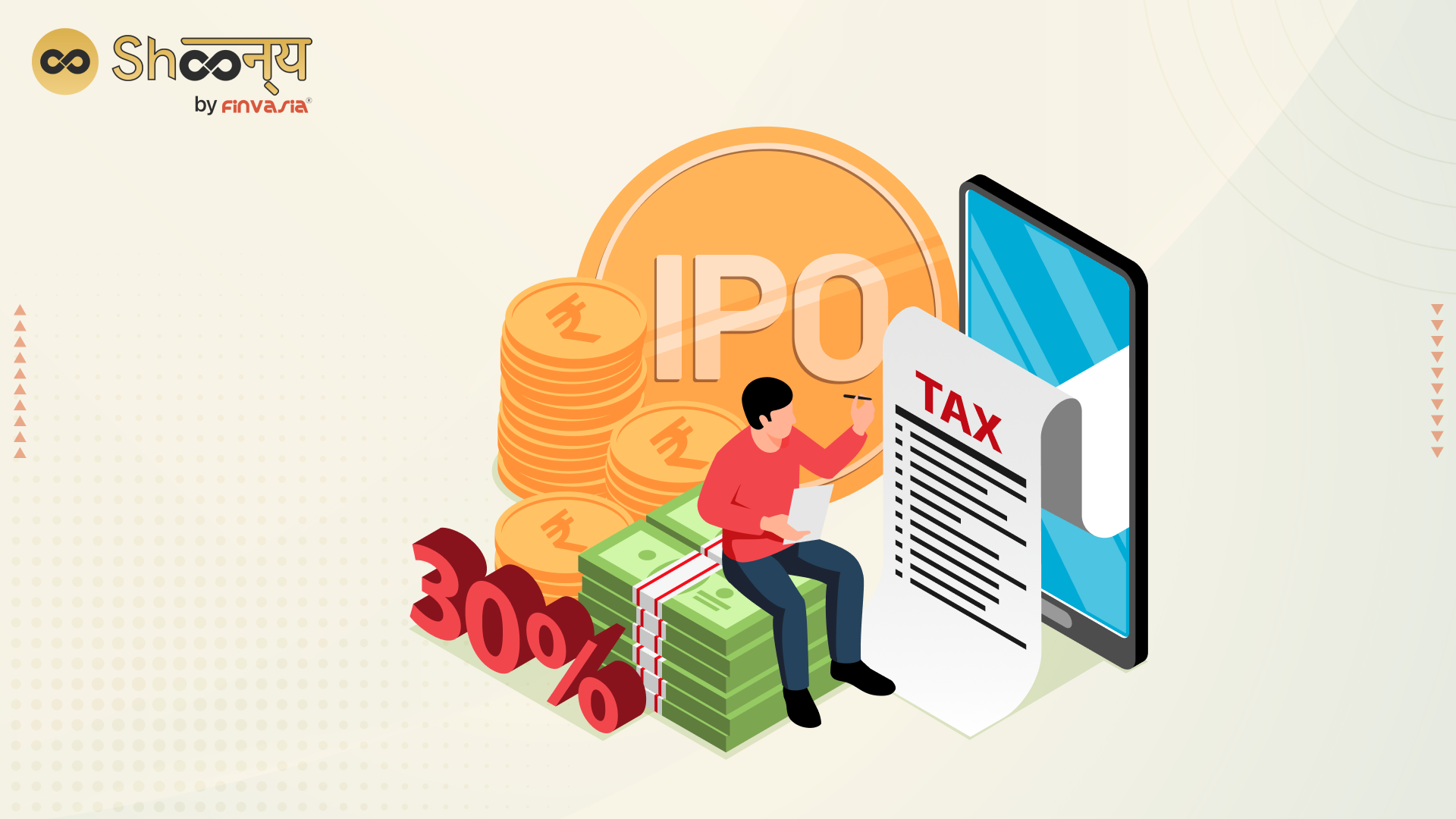The last few years have seen a lot of IPOs or Initial Public Offerings. While some companies did not perform very well, some companies brought in huge profits for the investors.
As an investor, it is important not only to know about the process of IPO but also its tax implications. Let’s look into the tax market applicability in stock market investments.
What are IPOs and Capital Assets?
Companies sell their shares to the public through Initial Public Offerings. They do this for various reasons like expansion, fundraising etc. IPOs have been seen as a good investment in the stock market. Thus, many investors invest in these IPOs nowadays.
A capital asset is a type of asset you buy. It can be equity, commodity etc. in the case of IPOs, the capital asset is the share you buy.
What is Income tax?
Income tax is imposed on the income of individuals or companies by the Income Tax Department. One can classify income into five categories.
- Salary
- House Property
- Business Head (profit and gains of business in the profession)
- Capital Gains
- Other Sources
The profit that you make in the share market through capital appreciation comes under the capital gains or business head. There are two scenarios for this.
- If you are doing intraday trading and earning a profit, this profit would come under the business head and would be taxed accordingly.
- If you are into long-term investing and take the delivery of your asset and earn profit through that, it would be a part of capital gains.
Capital Gains
Capital gains can be of two types based on the type of your capital asset. There are two types of capital assets i.e., long-term capital assets and short-term capital assets. One can classify these terms by looking at the period of holding.
Note – period of holding is the period for which you keep your capital asset.
In the case of shares, there are two cases –
| Capital Gain | Period of Holding |
| Short-Term Capital Gain | Less than 12 months |
| Long-Term Capital Gain | More than 12 months |
Taxations
- Short-Term Capital Gains
Short-term capital gains will have a 15% tax rate under section 111A. But if this is the sole source of your income, then you can exempt up to Rs. 2.5 lakhs from taxes.
For example, if your total capital gain for a year is Rs. 4 lakhs. If this is the only source of your income, you can subtract 2.5 lakhs from this amount. So, you only have to pay tax on Rs. 1.5 lakhs.
- Long-Term Capital Gains
You are exempted from any kind of tax up to Rs. 1 lakh under long-term capital gains. After that, the income tax department charges a 10% of tax on these kinds of capital gains.
Note that an additional 4% of health and education cess is provided on both taxes.
Conclusion
Filing income taxes and returns on time is a duty of every Indian citizen. Although, there are provisions through which you can decrease the amount of tax you pay. If you have certain loans to pay or if you are pursuing higher education, the government provides you with relaxation to some extent.
One more way of saving is by not paying any brokerage while trading. Confused? How you’d do that? Switch to Shoonya! We offer trade-in Stocks, Derivatives (F&O), Currencies, Commodities, Mutual Funds, SIP, Bonds and ETFs, and advanced comparability tools with zero brokerages and commissions.
Happy Trading!

